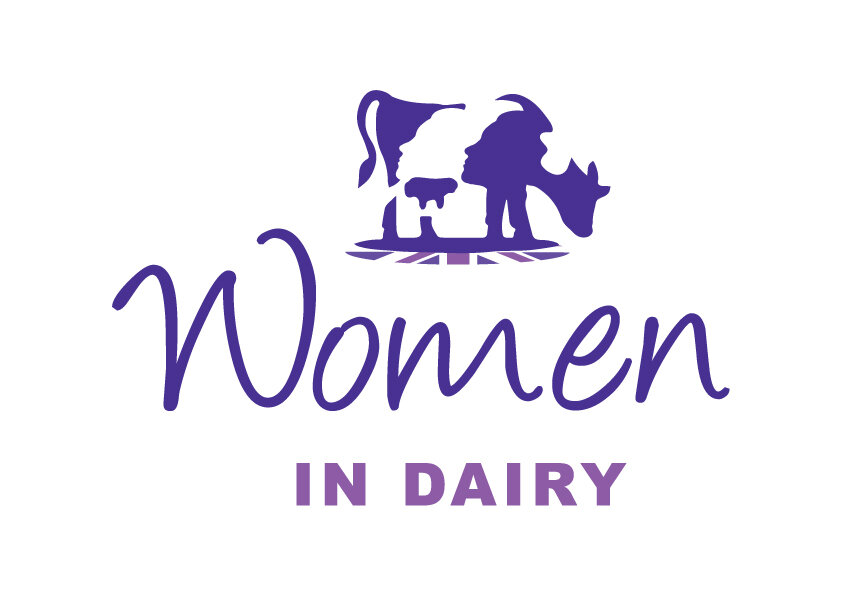This year’s virtual Women in Dairy Conference is taking place on 30th September and is focussing on creating a sustainable dairy supply chain. Dairy farmer Mary Quicke, one of this year’s speakers, outlines what sustainability means
Sustainability is a word that is increasingly being used and can sound a bit tiresome but what does it mean? Is it about protecting the environment or is there more to it than that?
Mary Quicke, of Quicke’s Cheese says sustainability is about sustaining a business and sustaining ourselves in our own business so that business works for us. “It’s about workability and workability for the long-term,” she says.
Mary believes sustainability encompasses four main elements:
1. Personal
The personal element of sustainability is the foundation, says Mary. “It is mission critical to look after yourself. It is important to have a work life balance, be optimistic and create a future we want.”
Mary suggests setting targets for where you want to be in 10 years’ time - be that on a personal or work level. “You can then look back and see how far you have come and what helped you get to where you are today.’
She also stresses the importance of farmers recognising if they are struggling and seeking help.
“I have suffered from anxiety in the past, mental health isn’t a shameful thing. It is important to recognise when things are not right and to seek help. Taking good care of yourself is important and it is also important to have fun. Life is too short.”
2. Social
This is about how you work with those around you including employees, neighbours, and the public. For example, it is important to try and promote dairy farming as a career choice rather than just a job. It is also about working at peace with neighbours and interacting with the community, so they understand why and how you do certain things.
“It’s about getting great information about our industry out there,” says Mary.
3. Economic
If you are not making enough money, then you are not going to be in business. In 1996 Mary made a big change to her business. Back then they had been operating a high yielding Holstein herd calving all year round. Instead they made the decision to switch to a block calving grass-based system using cross-bred cows.
She says: “At the time the only way to bring our cost of production down was to expand. However, quotas were every expensive up at 60p/litre so we knew expansion wasn’t possible, so we looked at other ways.
“It was unsustainable doing what we were doing back then as we were working long hours and it was more labour intensive as we were having to feed cows indoors and were buying in more feed.
“Now it feels like we are working alongside the natural world and the cows are doing some of the hard work for us as they are grazing rather than us carting feed to them, for example.”
“In 1996 we felt we needed to be able to survive on 15ppl (about 20ppl today) so that’s what we aimed for.”
Mary says since moving to a more extensive system they have reduced their cost of production by about 20%.
4. Environmental
There is a lot of focus on environmental sustainability particularly with future support payments coming via ELMS. However, what is important when it comes to environmental sustainability is making sure the environmental management works for the farm as a whole.
“Mary says: “As dairy farmers the benefits of carbon sequestering are great which is helped by nitrogen fixing crops such as clover. It is important though environmental schemes work for the farm.”

